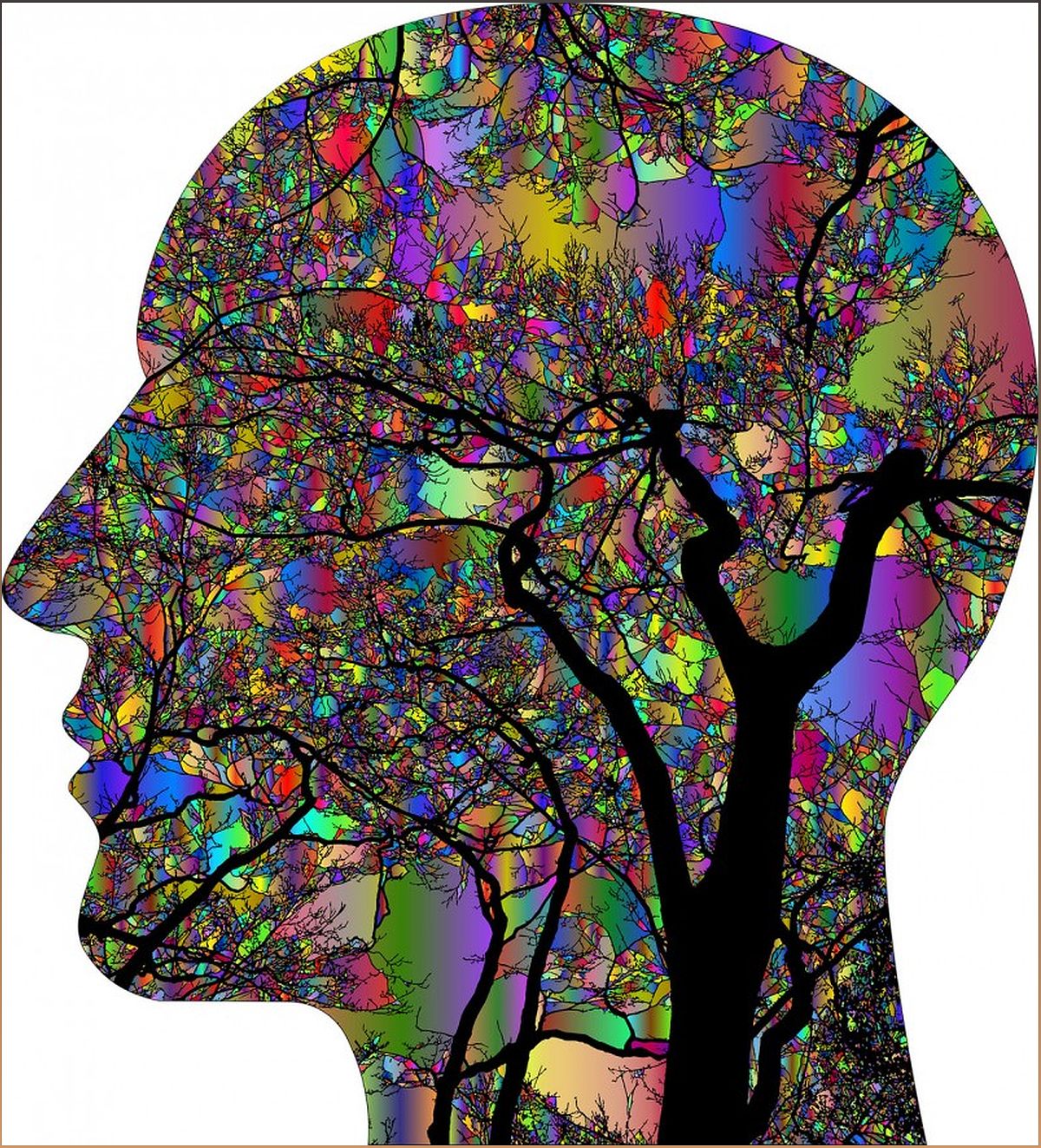Have you ever experienced a loss of self? Dive into the concept of ego dissolution, which can occur through various means, including psychedelic drugs. This article delves into the research conducted by psychology experts, shedding light on the nature of ego dissolution and its relationship to the self, personality, and everyday experiences. Uncover the potential benefits and risks associated with ego dissolution, particularly in the context of psychedelic therapy. Gain insights into the role of mindfulness, hallucinations, sleep, and other variables in shaping these experiences. Join us on this journey of understanding the depths of the self and the intriguing phenomenon of ego dissolution.
What is Ego Dissolution?
Ego dissolution refers to the experience of losing one's ordinary sense of self, often resulting in a profound and transformative state of consciousness. It can occur through various means, including meditation, flow states, and the use of psychedelic substances.
During ego dissolution, individuals may feel a sense of unity with the universe, nature, and other human beings. This experience can foster psychological insight, personal growth, and increased mindfulness.
However, ego dissolution also carries the potential for negative consequences, such as feelings of isolation and disconnection. Understanding the factors that contribute to ego dissolution is crucial for exploring its therapeutic potential and ensuring safety.
The Role of Psychedelics
Psychedelic drugs, such as LSD, psilocybin, and DMT, have been known to induce profound ego dissolution experiences. These substances interact with the brain's serotonin receptors, leading to altered states of consciousness.
Research has shown promising results in using psychedelics for the treatment of conditions like post-traumatic stress disorder, addiction, depression, and anxiety related to end-of-life experiences. Ego dissolution can serve as a catalyst for personal growth and psychological healing in these therapeutic contexts.
However, it is essential to approach psychedelic use with caution and under the guidance of trained professionals to minimize potential risks and ensure a safe and supportive environment.
Exploring the Ego Dissolution Scale
Researchers have developed the Ego Dissolution Scale to measure and assess the intensity of ego dissolution experiences. The scale consists of three parts: a total scale score, ego loss subscale, and unity subscale.
The ego loss subscale captures negative experiences associated with ego dissolution, such as depersonalization, detachment from reality, and dissociation. On the other hand, the unity subscale reflects the mystical sense of oneness with a larger whole.
By using this scale, clinicians and researchers can better understand the psychological highs and potential risks associated with ego dissolution. It also allows for the examination of factors like mindfulness, personality traits, and sleep disturbances that may influence these experiences.
Factors Influencing Ego Dissolution
Mindfulness, the practice of being fully present and aware of the present moment, has been found to be negatively related to ego loss experiences. Individuals who are more mindful in their everyday lives may have a greater sense of unity and less negative ego dissolution experiences.
On the other hand, a predisposition to hallucinations is associated with a higher susceptibility to ego dissolution, including the negative aspects of ego loss. This raises intriguing questions about individual differences in response to psychedelics and the potential for 'bad trips'.
Sleep problems and disruptions, such as sleep apnea, insomnia, and narcolepsy, have also been correlated with ego dissolution experiences, particularly ego loss. This connection between sleep and ego dissolution is an area of ongoing research.
Implications for Personal Growth and Therapy
Ego dissolution experiences, when approached with intention and guidance, can lead to profound personal growth and psychological insights. These experiences can foster a sense of unity, connection, and empathy towards others and the world.
In therapeutic settings, ego dissolution can be harnessed to address complex conditions like trauma, addiction, and depression. By facilitating a temporary loss of the ego, individuals may gain new perspectives, release emotional blockages, and develop a greater sense of self-compassion.
However, it is crucial to note that ego dissolution experiences can also be challenging and potentially overwhelming. Proper support, integration, and a safe environment are essential for maximizing the benefits and minimizing the risks associated with these experiences.

